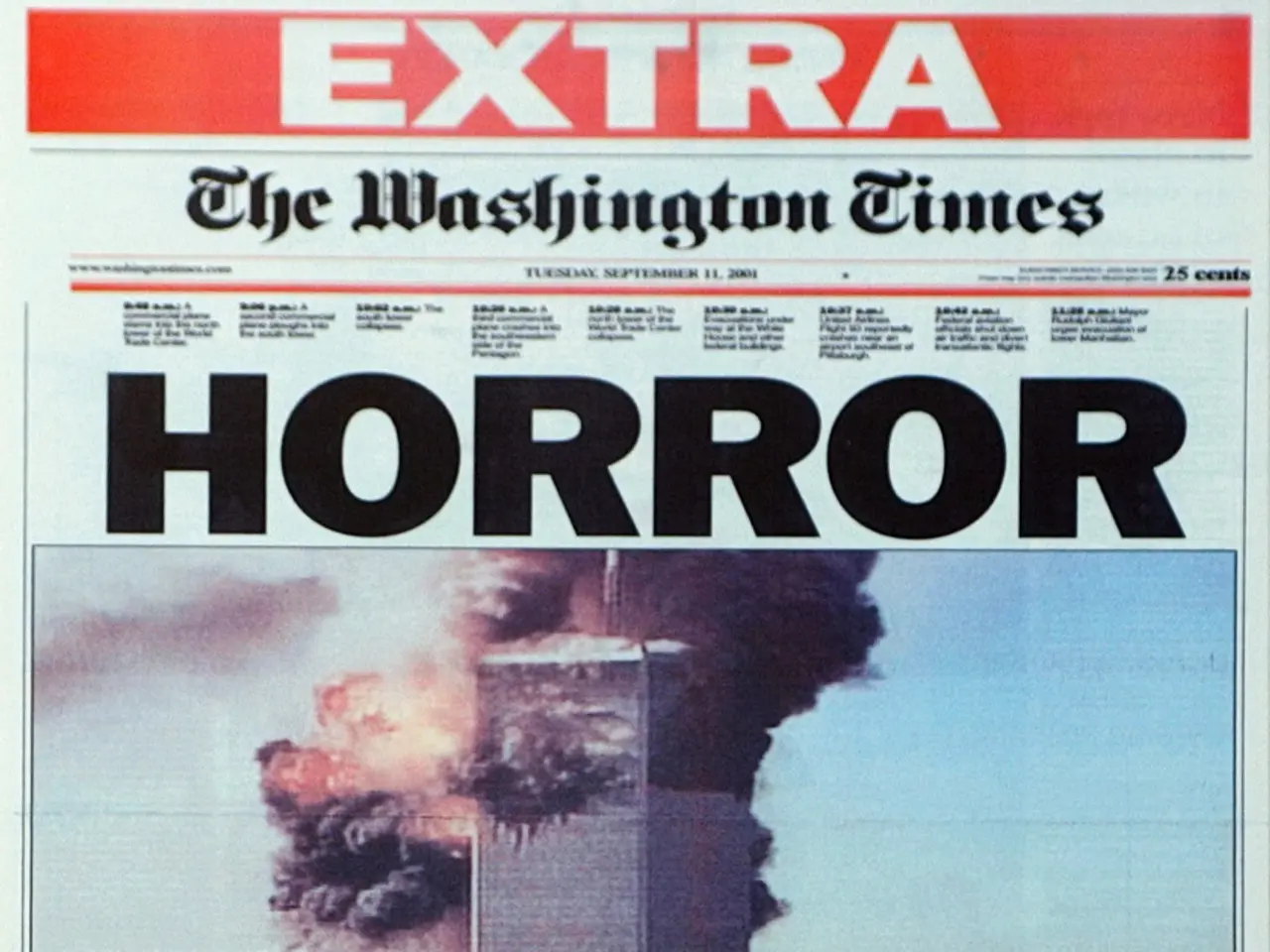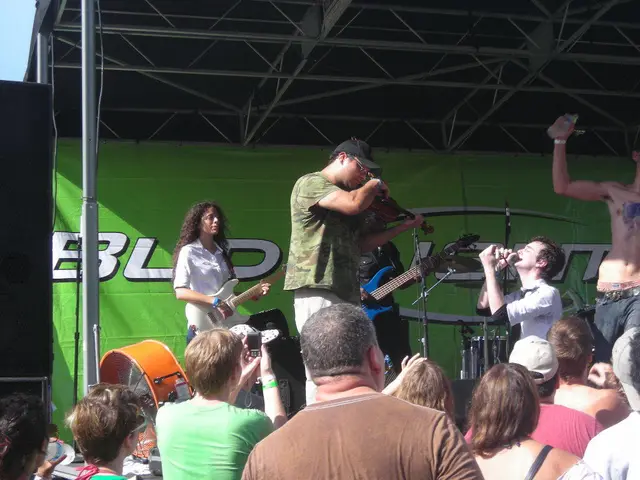EU leaders endorse Ukraine's right for self-determination over its future.
The European Union has issued a strong statement calling for a diplomatic solution to the ongoing crisis in Ukraine, emphasising that meaningful negotiations can only take place in the context of a ceasefire or reduction in hostilities. The statement, endorsed by 26 European heads of state and government, was agreed upon late on Monday and published on Tuesday.
The leaders expressed their concern over the humanitarian crisis in Ukraine and shared the conviction that a diplomatic solution must protect Ukraine's and Europe's vital security interests. They reiterated the EU's commitment to Ukraine's sovereignty and territorial integrity, and they condemned the annexation of Crimea by Russia.
The statement urges all parties involved to respect international law and human rights. It emphasises the need for a political solution to the crisis in Ukraine, and the leaders called for a peaceful resolution to the conflict through dialogue and diplomacy.
Key points of the EU's position include support for Ukraine’s right to self-defence and its path toward EU membership, providing comprehensive political, financial, economic, humanitarian, military, and diplomatic support in coordination with the US and like-minded partners. The EU also stands firm that international borders cannot be changed by force, and territorial questions are decisions for Ukraine alone without external imposition.
The EU is committed to maintaining diplomatic and economic pressure on Russia, including strengthening sanctions to pressure Russia’s war economy to bring it to the negotiation table. The leaders recognise that a durable peace requires clear security guarantees for Ukraine, and they are working closely among themselves and with the US to define and implement these guarantees. This includes potential security contributions such as positioning European troops in unoccupied Ukrainian territory, intelligence sharing, and strategic support—without US boots on the ground but with a US security backstop.
The EU coordinates closely with partners like the US (notably President Trump has played a visible role in recent peace efforts) and urges coalition-building to ensure effective enforcement of any peace agreement and security architecture for Ukraine. The EU continues restricting Russia through sanctions and expresses the view that Russia shows no sincere intent for peace, underscoring the importance of a negotiated solution that prevents further aggression and stabilises both Ukraine and the wider European region.
Hungary is an exception as it did not associate itself with the latest EU leader statement.
In sum, the European Union advocates a diplomatic solution grounded in ceasefire, respect for Ukraine’s sovereignty, robust security guarantees, and sustained international pressure on Russia. The EU's approach balances the immediate need to reduce hostilities with longer-term security and political considerations to protect both Ukrainian and European interests.
Read also:
- Massive 8.8 earthquake hits off the coast of Russia's Kamchatka Peninsula, prompting Japan to issue a tsunami alert.
- Court petitions to reverse established decision on same-sex marriage legalization
- Proposed Standardization of Food Labeling Laws Among Member States by the Commission
- Current News: AfD Achieves 26% - Union Dips to Laschet's Level








